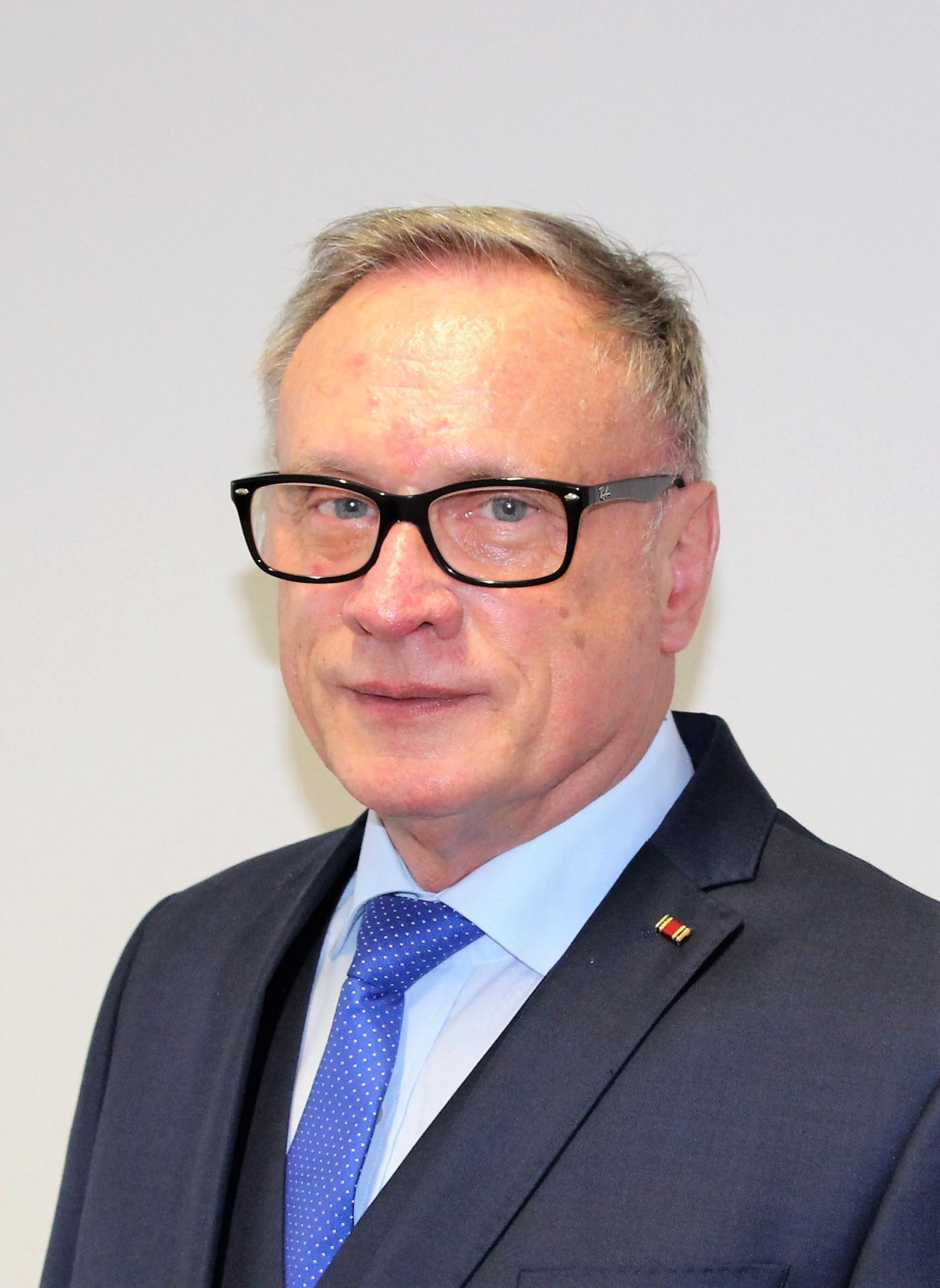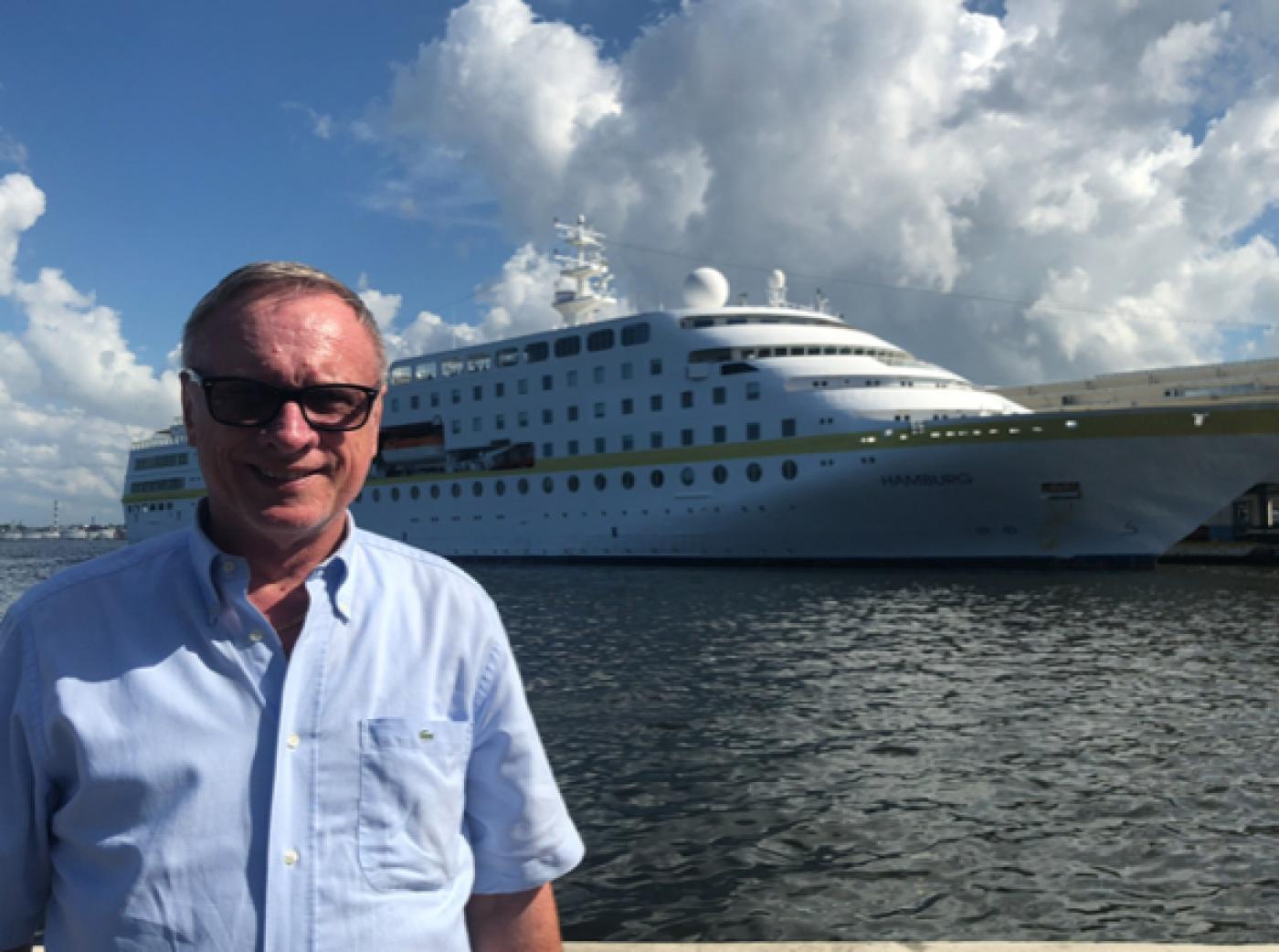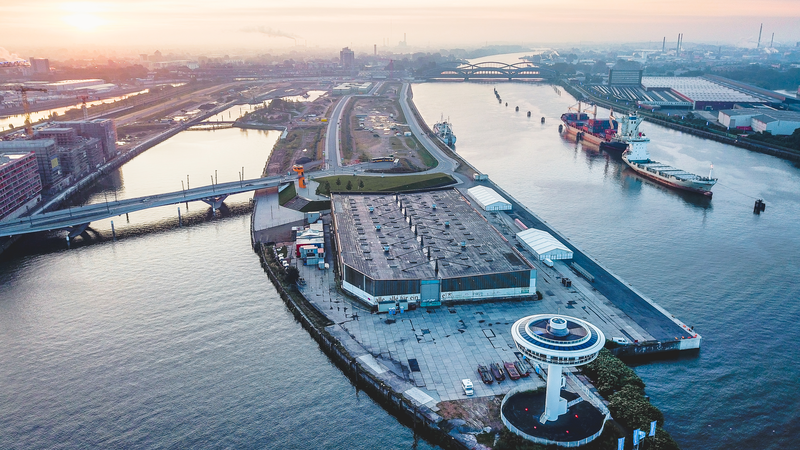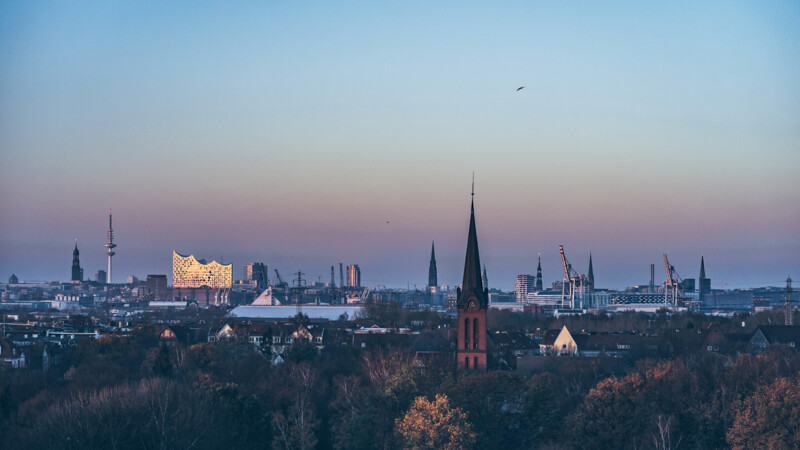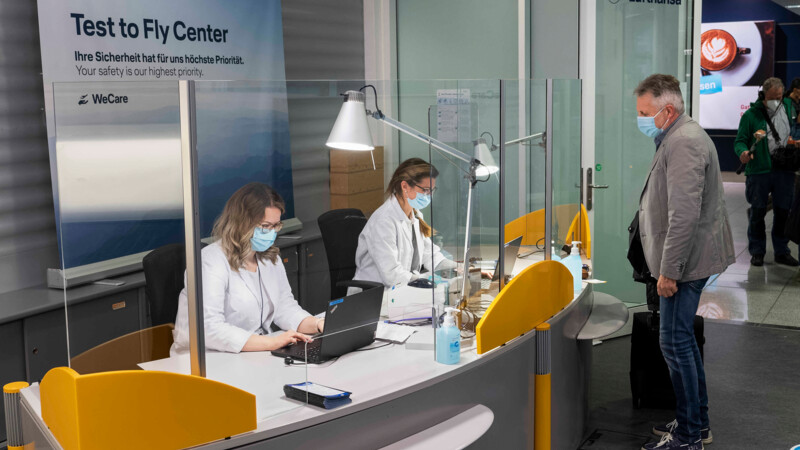Nicklaus: Derzeit sind die Lebensbedingungen wieder etwas besser geworden. Im September hatten wir allerdings in Havanna und in einigen Provinzen den ganzen Monat vom frühen Abend bis in den Morgen Ausgangssperre, alle Bars und Restaurants waren geschlossen. Auch Reisen zwischen den verschiedenen Provinzen war nur mit Sondergenehmigung möglich, das heißt der gesamte Personentransport kam zum Erliegen. Im Oktober und November wurden dann die Einschränkungen schrittweise gelockert bzw. aufgehoben.
Hamburg News: Was sind die Ursachen, warum hat der sozialistische Staat kaum Infizierte oder Tote durch das Virus zu beklagen?
Nicklaus: Im Moment gibt es zwischen 20 bis 60 Neuerkrankungen und kaum Tote. Insgesamt hatte Kuba von März bis Mitte November etwa 7.600 Covid-19-Erkrankungen und 131 Tote. Bei 11,2 Mio. Einwohnern ist das ein ausgezeichneter Wert. In den letzten sieben Tagen waren das 2,7 Neuinfektionen pro 100.000 Einwohner. Ich glaube auch nicht, dass die Zahlen gefälscht sind, zumal jede einzelne Infektion täglich in der Presse („Cubadebate“) aufgezählt wird, inklusive Provinz, Stadt und Bezirk.
